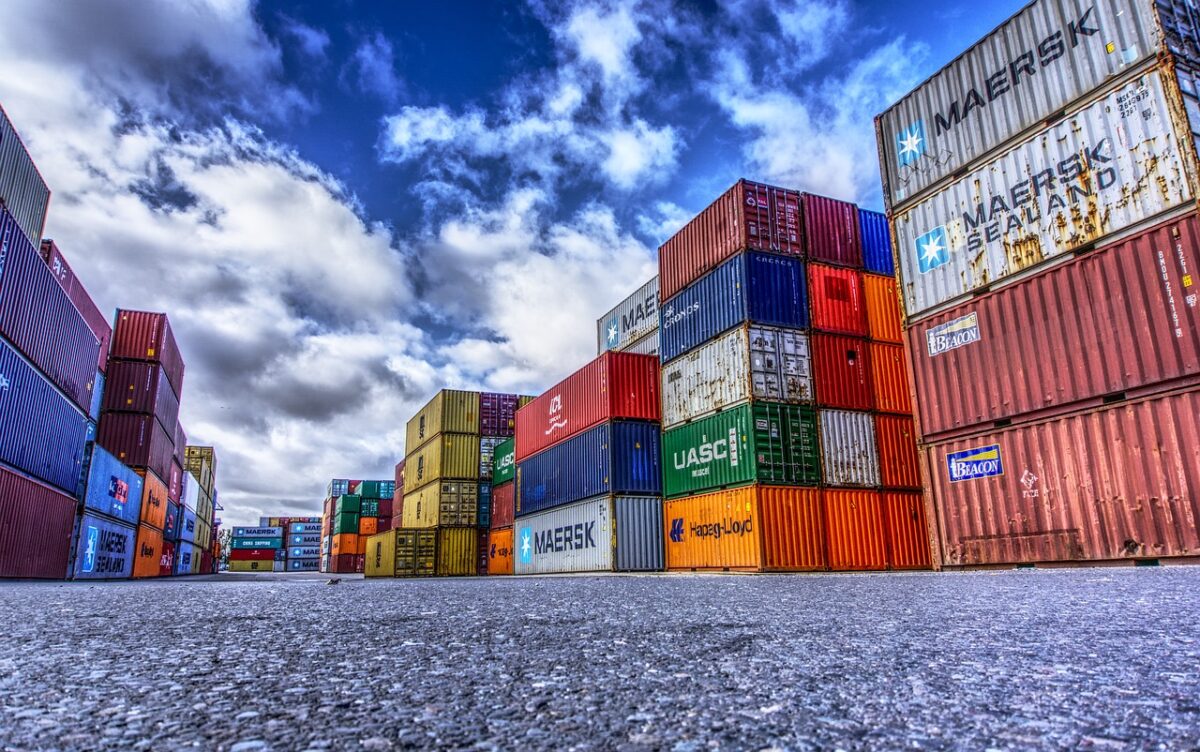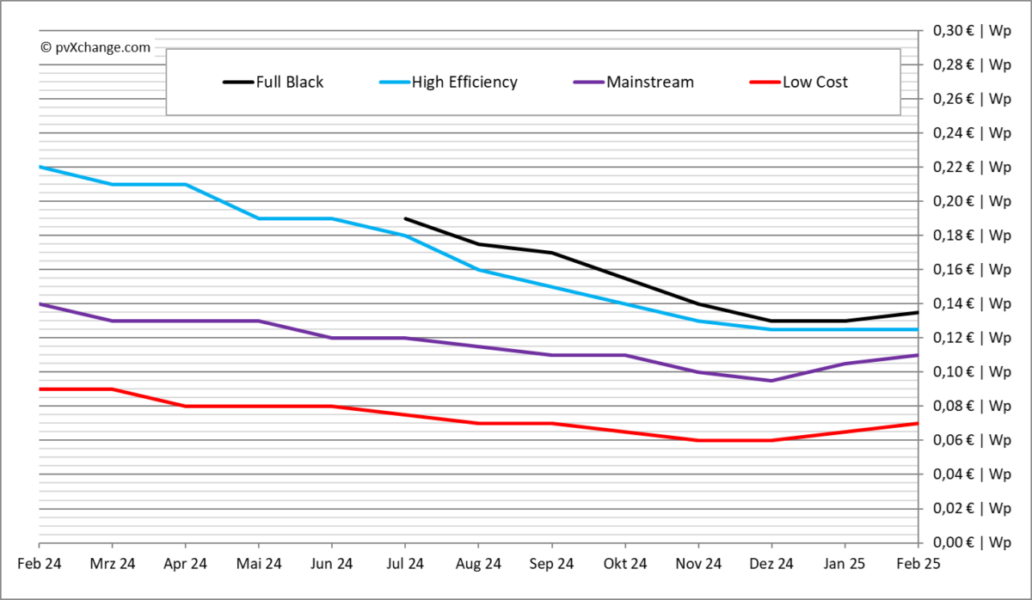APM Terminals Bahrain has launched a $10 million solar power project that will make Khalifa Bin Salman Port fully self-sufficient by the end of 2023. Through this project, the company seeks to reduce its greenhouse gas emissions by 70% by 2030 and to achieve carbon neutrality by 2040.
APM Terminals Bahrain, a subsidiary of A.P. Moller-Maersk, said it will use 20,000 solar photovoltaic panels for the project. The company says it will set an example for the entire maritime industry, using the energy to power various port operations, including container handling, crane operations, and lighting.
“We are very excited to take the first major step in our decarbonization plans, which will make Khalifa Bin Salman Port the region’s first seaport to be fully powered by renewable energy,” said Farooq Zuberi, Chief Finance Officer and Interim Managing Director, APM Terminals Bahrain.
Bahrain wants to bring 255 MW of solar generation capacity online by 2025 by using net metering, tenders for large-scale projects, and a renewable energy mandate for new buildings. The kingdom’s renewable energy target envisages 700 MW of solar, wind and energy-from-waste generation capacity by 2030.
According to the International Renewable Energy Agency, the Middle Eastern country had just 12 MW of installed PV capacity by the end of 2022.
This content is protected by copyright and may not be reused. If you want to cooperate with us and would like to reuse some of our content, please contact: editors@pv-magazine.com.




2 comments
By submitting this form you agree to pv magazine using your data for the purposes of publishing your comment.
Your personal data will only be disclosed or otherwise transmitted to third parties for the purposes of spam filtering or if this is necessary for technical maintenance of the website. Any other transfer to third parties will not take place unless this is justified on the basis of applicable data protection regulations or if pv magazine is legally obliged to do so.
You may revoke this consent at any time with effect for the future, in which case your personal data will be deleted immediately. Otherwise, your data will be deleted if pv magazine has processed your request or the purpose of data storage is fulfilled.
Further information on data privacy can be found in our Data Protection Policy.